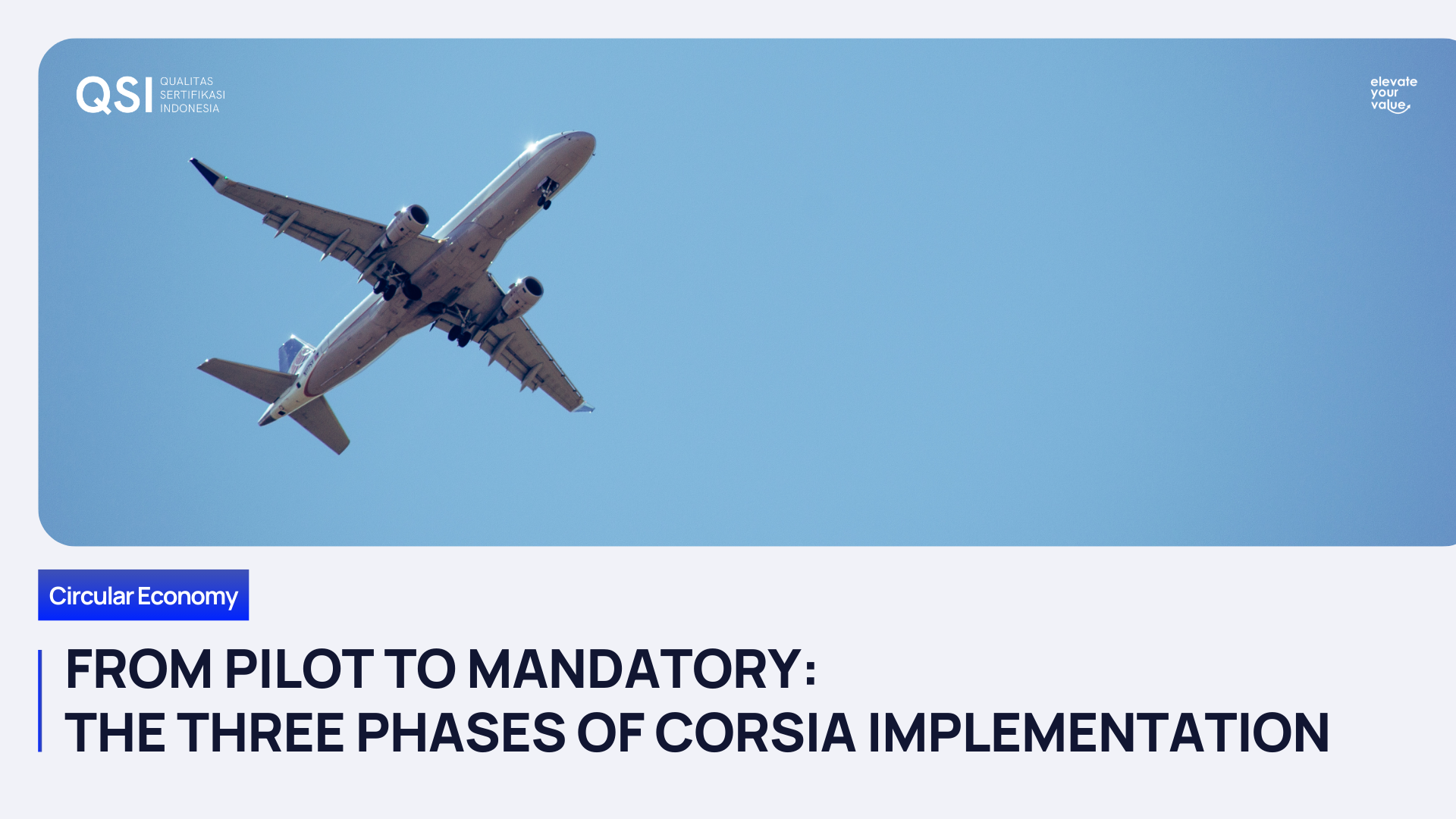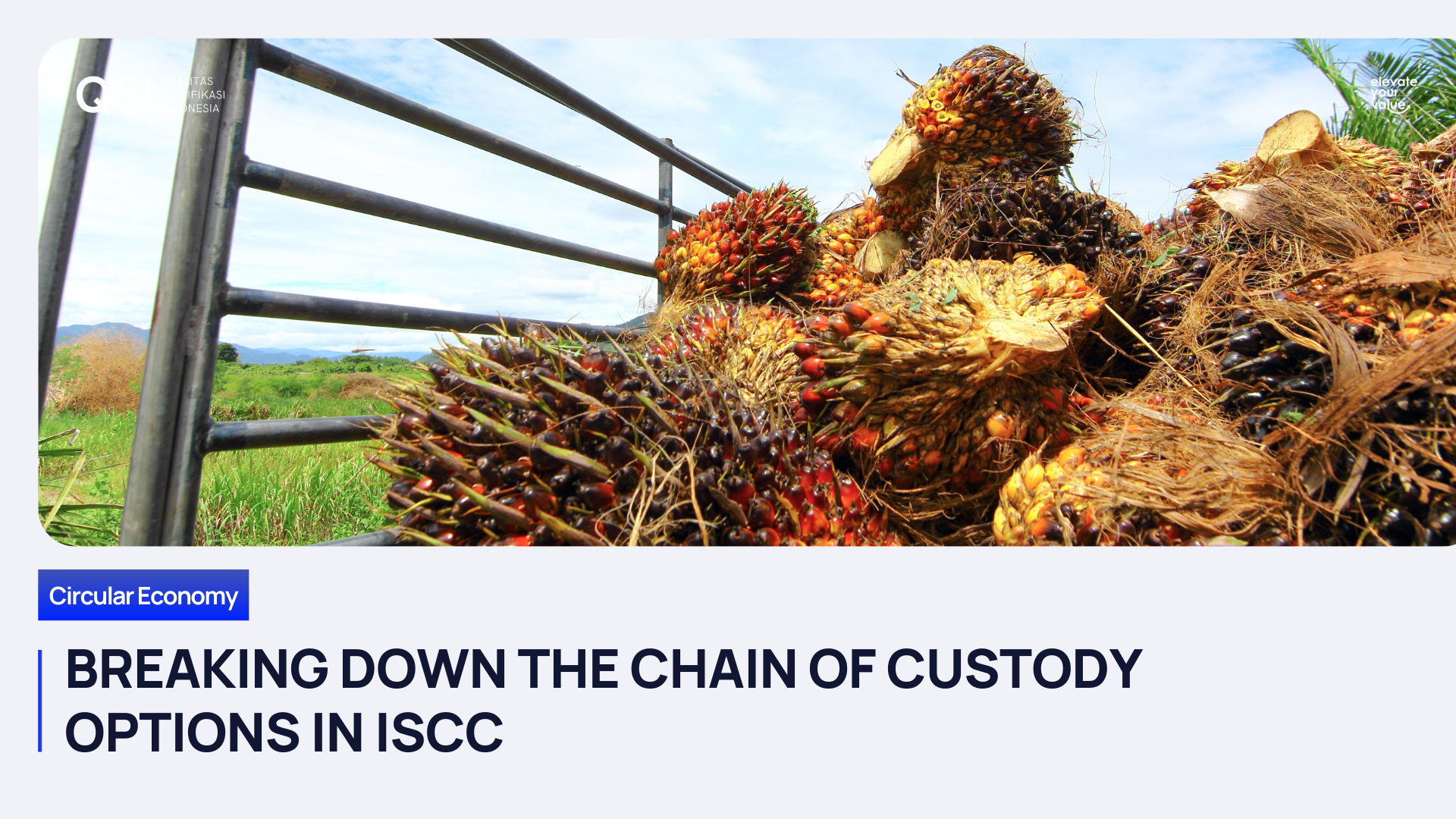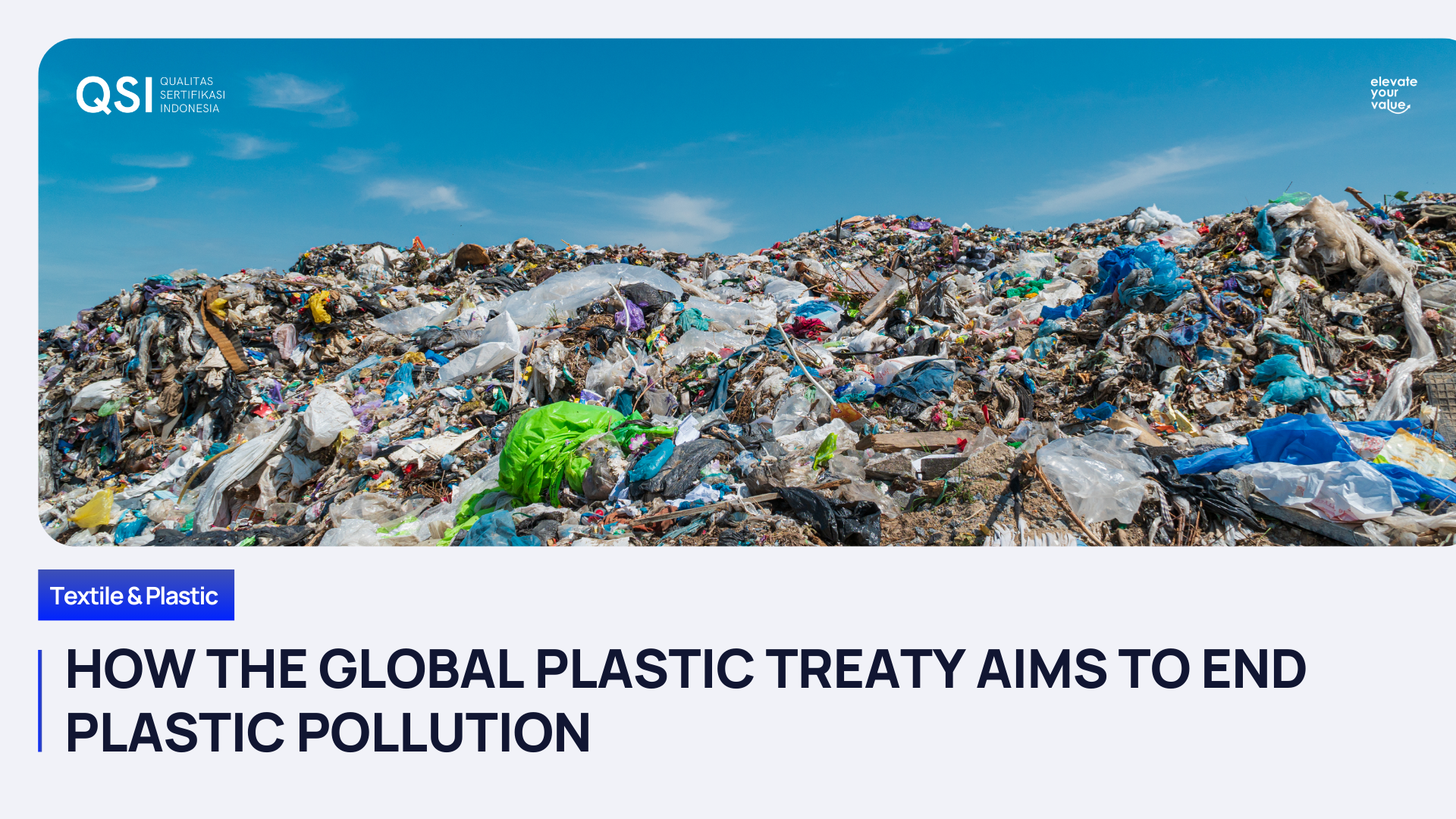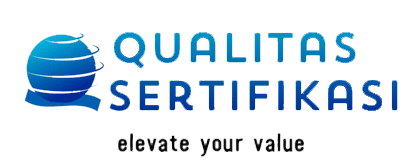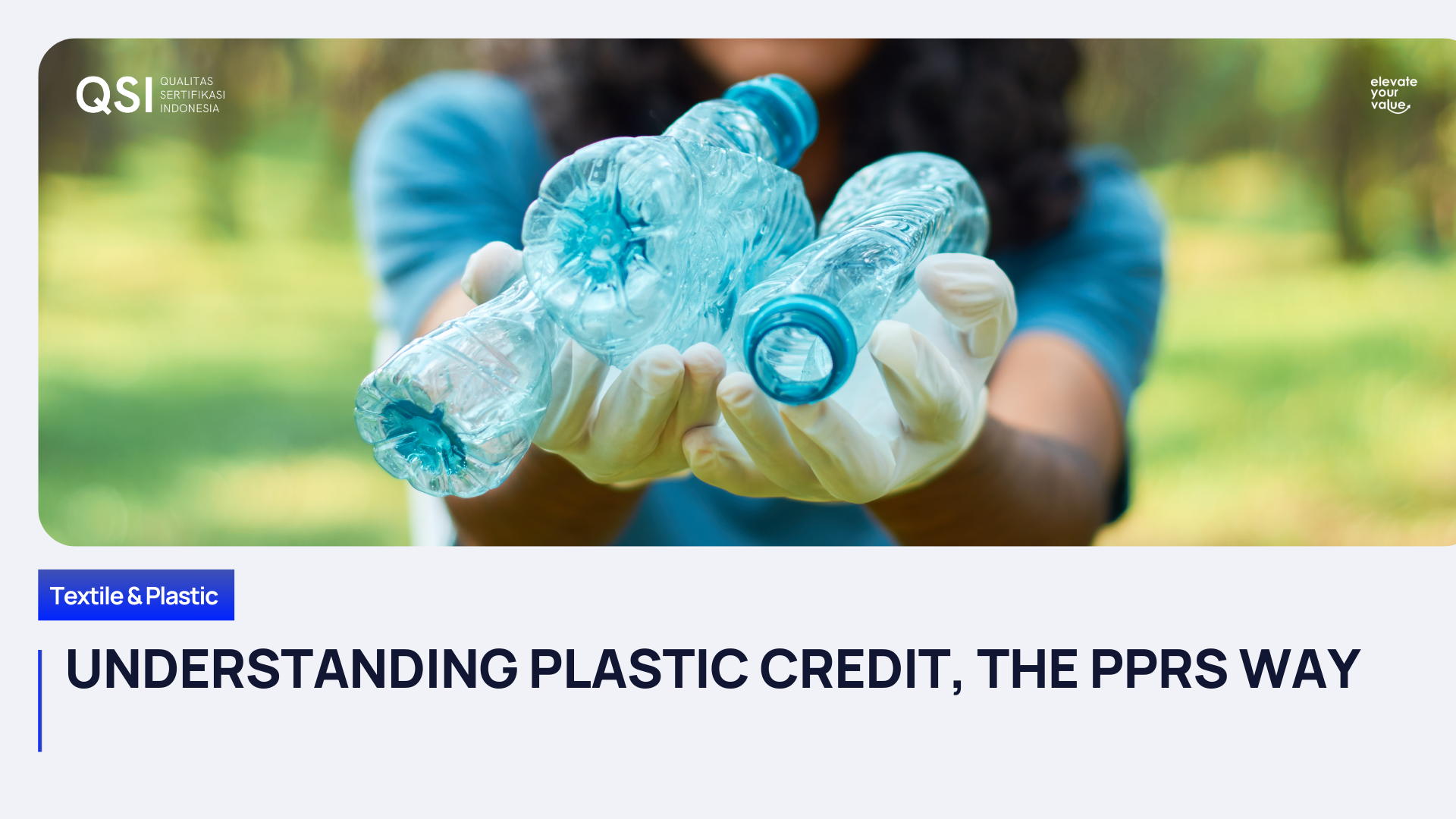Pertamina and Garuda Indonesia Take Their First Commercial Flight Using SAF
In a major stride toward a greener future, PT Pertamina (Persero) and Garuda Indonesia have teamed up to pioneer a commercial flight fueled by Pertamina Sustainable Aviation Fuel (SAF), also known as Bioavtur. The inaugural journey, starting from Soekarno-Hatta Airport in Tangerang to Adi Soemarmo International Airport in Surakarta and back to Jakarta, marked a groundbreaking moment in sustainable aviation. It underscored the commitment of state-owned enterprises (SOEs) to reducing emissions and supporting ambitious Net Zero Emission targets in 2060.
The beginning of Pertamina's SAF journey dates back to 2010 when the company's Research & Technology Innovation unit began a mission involving extensive research and product development with innovative catalysts. Fast forward to 2021, and PT Kilang Pertamina Internasional achieved a significant milestone by successfully producing SAF J2.4 at Refinery Unit IV Cilacap. This accomplishment used Co-Processing technology derived from Refined Bleached Deodorized Palm Kernel Oil (RBDPKO), boasting an impressive daily capacity of 1,350 kiloliters (KL).
The development of SAF is a pivotal part of Pertamina's broader strategy for energy transition and achieving the Net Zero Emission target set for 2060. Pertamina SAF stands out as an eco-friendly fuel, incorporating a blend of palm oil components in the Bioavtur formula to effectively reduce aircraft emissions. Beyond its environmental benefits, the use of palm oil components is poised to stimulate domestic industry and economic development.
This milestone flight not only showcases the technical prowess of Pertamina and Garuda Indonesia but also highlights the critical role that such initiatives play in the global effort to combat climate change. As industries worldwide grapple with the need to transition to sustainable practices, this successful commercial flight serves as a beacon of hope, proving that innovative solutions in aviation can coexist with environmental responsibility.
Garuda Indonesia's successful deployment of Pertamina SAF sets a positive precedent for the entire aviation industry. As more airlines embrace sustainable practices, the collective impact on the environment will be substantial. This move not only aligns with global sustainability goals but also positions Garuda as a leader in responsible air travel.
In the broader context of sustainable aviation, it's crucial to highlight the International Sustainability and Carbon Certification (ISCC) CORSIA standard. The ISCC CORSIA standard plays a pivotal role in ensuring the sustainability and environmental integrity of aviation fuels, aligning with global efforts to address climate change and reduce the carbon footprint of the aviation industry.
CORSIA, or the Carbon Offsetting and Reduction Scheme for International Aviation, is a global initiative established by the International Civil Aviation Organization (ICAO) to address the environmental impact of international aviation. The goal of CORSIA is to achieve carbon-neutral growth in international civil aviation by requiring airlines to offset any emissions growth above 2020 levels.
ISCC, on the other hand, is a certification system that verifies the sustainability and traceability of biomass and bioenergy products. In the context of CORSIA, ISCC ensures that Sustainable Aviation Fuels (SAFs) meet stringent sustainability criteria, covering various aspects such as greenhouse gas emissions, land use, and social sustainability. The certification process involves a comprehensive assessment of the entire supply chain, from raw material production to the final SAF product.
For the aviation industry to participate in CORSIA and meet its emission reduction targets, airlines need to use sustainable alternative fuels, such as SAFs, that meet the criteria set by the ISCC CORSIA standard. This ensures that the fuels used in international aviation not only contribute to the reduction of greenhouse gas emissions but also adhere to responsible and sustainable sourcing practices.
To learn more about the ISCC CORSIA’s principles and how it aligns with eco-friendly aviation practices, please visit our website or give us a call!
Recent posts
Drop us a line
Contact Us
Share
